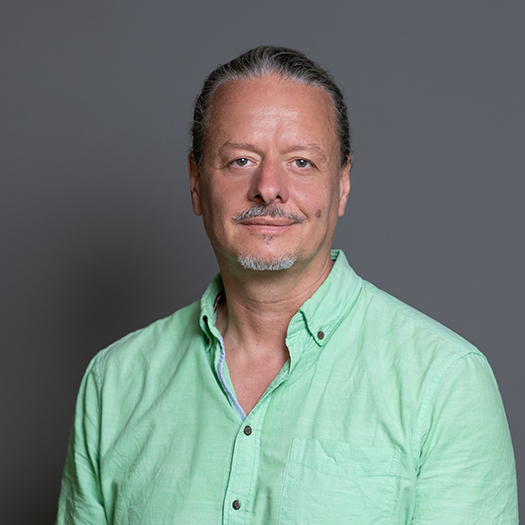Competing orientations? Economic and scientific references and orientations in the biotechnology: stocktaking, evaluations and consequences for the public funding of young biotechnology firms
Competing orientations? Economic and scientific references and orientations in the biotechnology: stocktaking, evaluations and consequences for the public funding of young biotechnology firms
In Germany, the knowledge-based production and development infrastructure is an important feature of the biotechnological industry. Technologic impulses for new products, methods and services frequently occur in scientific institutions or in cooperation between firms and such institutions. For this reason, the importance of scientists for the biotechnological industry is particularly high in comparison to other sectors. A particular role within this context receive the foundations by scientists researching on the field of biotechnology. The spin-offs founded by them are regarded as important transmission media which allow transferring new scientific knowledge in economic activities and thus introducing new biotechnological products and methods on the market and diffusing.
Since 2002, however, a considerable decrease - also tending to grow - in the foundation numbers by scientists of this field is observed. The question arises to what extent the area of tension of competing orientations of the scientists suggesting a concentration on one field of activity - either the scientific work or the business-related market activity - can be considered the cause for the limited foundation activity of biotechnology researchers.
In this research project the factors and criteria shall be identified which cause the researchers
- to found and stop the scientific work,
- to found and continue to be active in a scientific institution or
- not to found and concentrate exclusively on their scientific career.
In order to do so, the economic environment (good economy of the past years in connection with good not self-employed employment opportunities), the considerably increased research financing (excellence initiative, pact for research which have led to a considerable improvement of the employment opportunities in the science) and the systems of values of the scientific organizations (strong emphasis on the scientific excellence and the publication achievements due to staffing of open positions) must be taken into account.
In this project a method is chosen which addresses the topic via the identification of the scientists actively and successfully researching on the field of biotechnology and not via the newly founded biotech firms. For the identification of the researchers active on the field of biotechnology two paths are treaded:
- With an analysis of the biotechnological patent applications of the past years the scientists are identified who are involved in the patenting as inventors or applicants (the analysis is carried out on the basis of the PATSTAT of the EPO and is conducted by the ZEW).
- With the help of a bibliometric analysis of the SCIE publications on biotechnology in the past years the most frequently publishing scientists on this field are identified, regardless of which area of science they attribute to themselves (the analysis is conducted by the University of Leuven).
With the help of the analysis of the respective distributions of the researchers the research units which are strong in research on the field of biotechnology are identified and the scientists are interviewed individually (quantitative survey per online-questionnaire by the ZEW) and in focus groups (qualitatively by the Social Sciences Research Center Berlin (WZB) on the above mentioned points in order to generate a possibly wide basis for the questions being in focus of this project.


